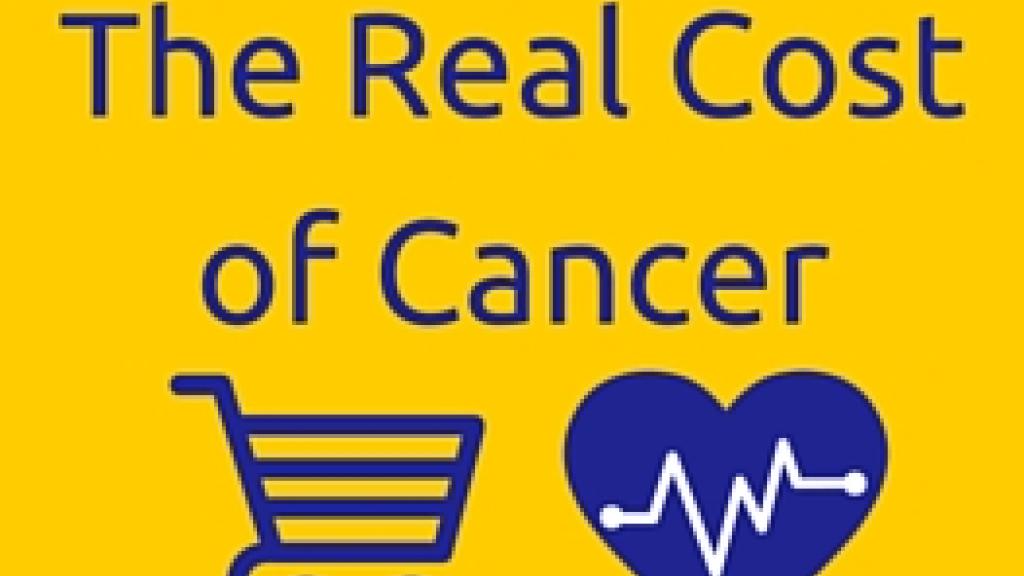
Cancer patients face financial crisis
Many cancer patients and their families face a financial crisis while they are going through their treatment, according to the report of an in-depth survey called “The Real Cost of Cancer”, commissioned by us, carried out by Millward Brown and published this morning. A large number of patients face a severe drop in income while at the same time running up extra bills on a range of items such as home heating, parking, childcare, travel, prescription charges, hospital stays, over-the-counter drugs, consultant visits, dental care, physiotherapy as well as clothing and personal care. The average extra spend per month amongst cancer patients surveyed, even those with a medical card or private health insurance, was €862 while those who cannot work, work less or lose income as a result of having cancer face an income drop averaging €1,400 a month, or €16,750 per year. Recently we had tocut our grants to cancer patients facing hardship, due to increased demand, and we know now that everyone diagnosed with cancer is affected financially in some way. “Our report shows that many cancer patients are facing financial stress, often real hardship, by having to deal with huge extra costs and a massive drop in income at a time when they are going through the severe physical, emotional and psychological impact of a very serious illness”, says Ms. Kathleen O’Meara, Head of Advocacy and Communications. “While three in five patients surveyed had a medical card at the time of diagnosis and more than half had private health insurance, more than 20% of those who applied for a medical card after their diagnosis were not successful. But even those with a medical card or private health insurance had to pay out for the many things not covered such as childcare, hospital parking and home heating and in many cases, additional over the counter medicines”, she said. Many cancer patients have previously told us about the high cost of parking during treatment but the Real Cost of Cancer report revealed that the financial burden caused by parking is almost unbearable for some families. One patient reported that daily visits by his wife while he was being treated in a Dublin hospital for sixteen weeks, cost the household over €1,000. “It is clear that many cancer patients are facing financial hardship as well as the physical and psychological impact of cancer. Requests for help from the Irish Cancer Society’s Financial Support scheme rose by nearly 30% last year and already this year have risen again by a further 15%. This year so far we have spent €1.2m supporting patients with most payments going towards home heating, childcare and travelling to treatment, including parking”, she said. “This scheme is funded entirely from public donations and is becoming unsustainable for the Society, which also funds cancer research, information, free night nursing, as well as a whole range of activities to support cancer patients. That is why we have had to cap the amount we give to patients, with the exception of the families of children with cancer”. We are repeating our call for all cancer patients to have a medical card. “Under the legislation a medical card is designed to be available for those who are suffering financial hardship as a result of their illness. It is clear from this research that this is happening, yet more than 20% of survey respondents who applied for a medical card after their diagnosis did not get one. Self-employed people find it very difficult to get supplementary welfare although this scheme is designed for those who are in severe need. Some self-employed patients lose their income overnight when they are diagnosed with cancer. “But if there’s one thing that came through most strongly in this research, it’s that no cancer patient is spared the financial panic and distress caused by this disease, despite the range of individual circumstances. Cancer is a financial catastrophe for many families,” she concluded. The Society also operates a free information service for patients who need to know what supports are available. This information is available in a booklet called Managing the Financial Impact of Cancer.
Resources
- Read more about the Real Cost of Cancer report
- Download the Real Cost of Cancer report
- See the infographic
